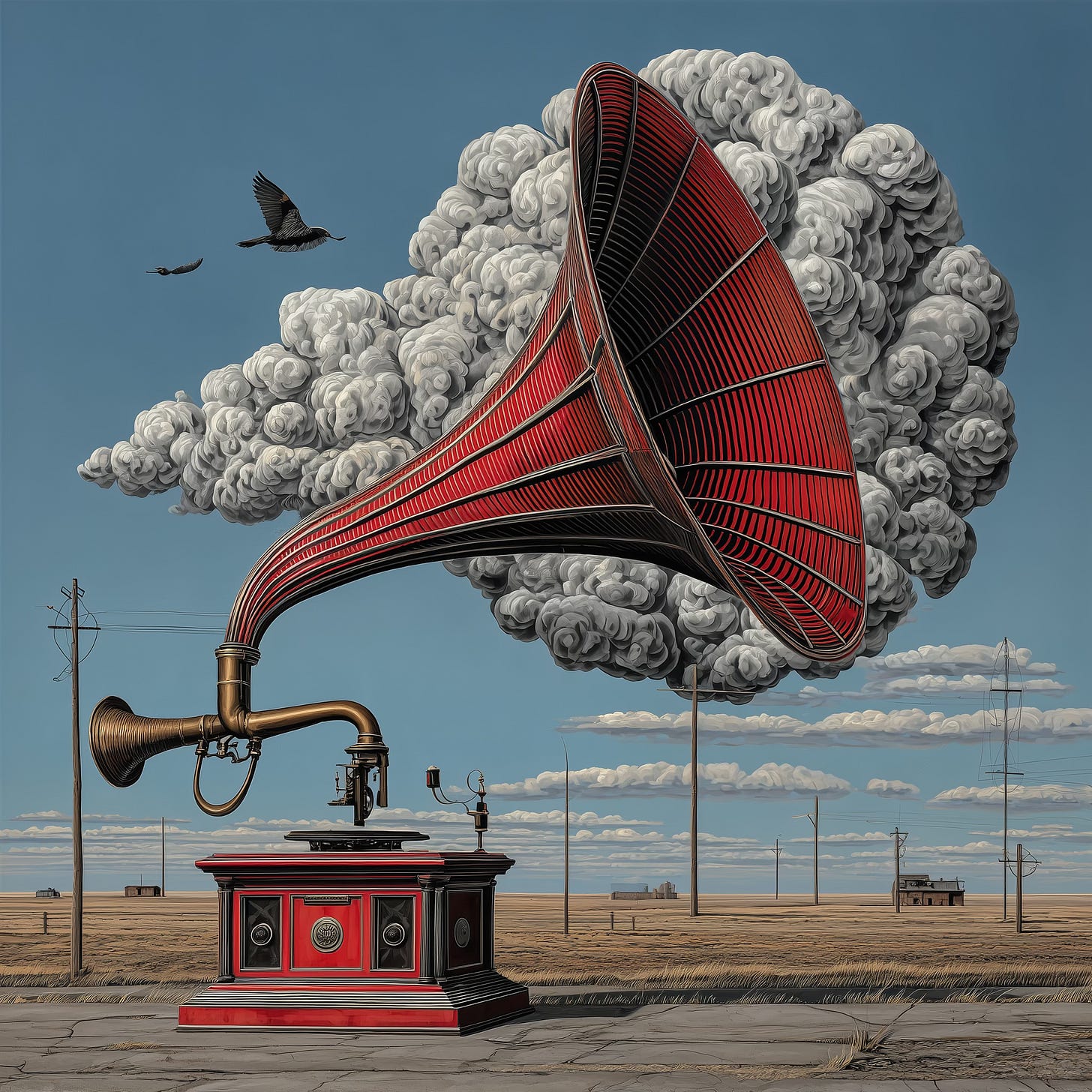The Machine in the Garden: Henry David Thoreau’s Forgotten Warning About the Dangers of Speed
Perpetual Acceleration
We live in a state of perpetual acceleration. Our days are governed by the relentless ping of notifications, the infinite scroll, and the quiet, persistent pressure to be faster, more efficient, and instantly available.
We feel it as a low-grade hum of anxiety, a sense that we are passengers on a path whose speed we cannot control. Over 170 years ago, in a small cabin by a Massachusetts pond, a man sat and watched a train cut through the woods, and he understood exactly where this idea was headed.
Henry David Thoreau is remembered as a hermit, a naturalist, a champion of civil disobedience. But we must also see him as America’s first great philosopher of speed. In Walden, his critique of the Fitchburg Railroad is far more than a crank’s complaint about noise. It is a curious and startlingly relevant warning about the machine’s intrusion into the garden of the human mind.



